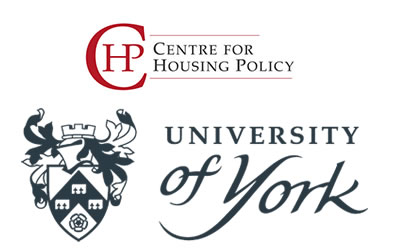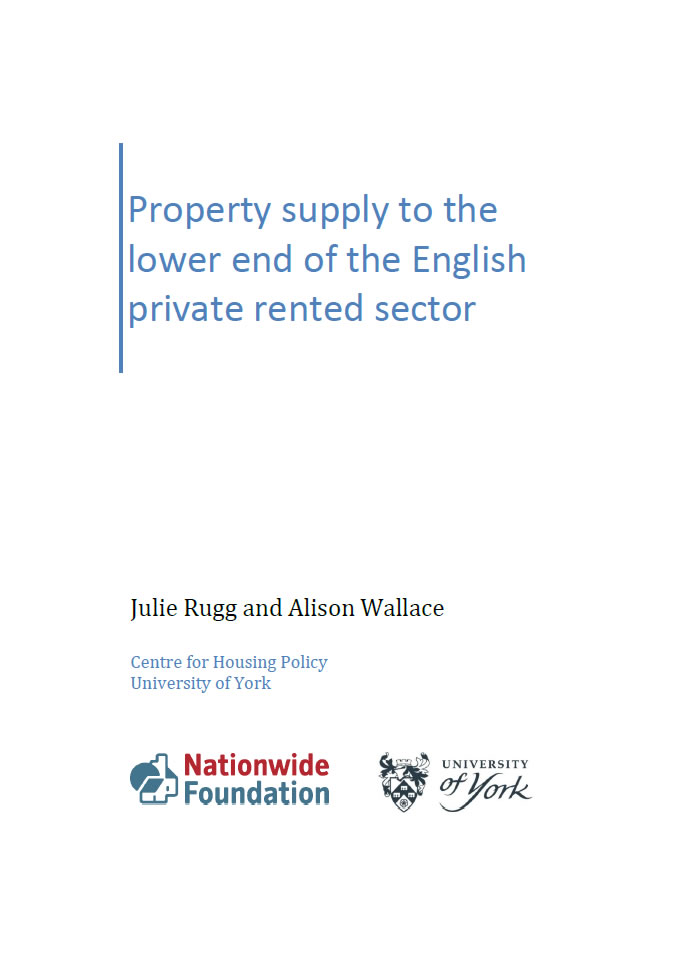
Funding at a glance
Programme: Transforming the Private Rented Sector
Amount: £204,434
Approved: 2019
Timescale: 13 months
Status: Funding complete
Centre for Housing Policy at the University of York
A thorough examination of the most inexpensive 30% of the private rented sector, with consideration of how sustainable this part of the housing market is for landlords and tenants.
Why we funded this project
To enable service providers and policymakers to make effective and informed decisions about ways to deliver decent, affordable housing in the private rented sector, with an improved understanding of the sector’s least expensive properties, who owns them and who rents them.
Strategic purpose
More robust evidence of the solutions to address the issues of cost, quality, security and access in the private rented sector is available and used to inform policy and practice.
Project description
In 2018, The Centre for Housing Policy at the University of York carried out an independent, comprehensive and seminal review of the private rented sector in England, The Evolving Private Rented Sector: its Contribution and Potential. This review was well received and laid out how the UK’s private rented sector works and who lives in it. Importantly, the review also highlighted how precarious life can be for those living in the least expensive housing, the ‘lower end’ of the market.
This study, carried out by the Centre for Housing Policy, addressed the precarity of tenants living in the lower end of the private rented sector. The study reviewed this part of the market, mapped it geographically to see where pockets or hotspots existed and assessed whether the lower end of the private rented sector was sustainable in the longer term.
By specifically focussing on landlord and letting agent behaviour, this review helped build an understanding of which landlords might be leaving the market, whether they were being replaced by new ones and how changes to the benefits system altered the way that they operate. This was be achieved by carrying out in-depth interviews with 55 landlords operating in this area of the private rental market.
The Centre for Housing Policy at the University of York published Property Supply to the Lower End of the English Private Rented Sector in Summer 2021. Among the findings of the report were:
- Reductions in funding for social housing, as well as the Right to Buy had led to a reliance on the private rented sector for lower-income households.
- Complications arising from Universal Credit and Housing Benefit mean that some landlords avoid letting to claimants.
- Fewer ‘baby-boomers’ were acting as landlords, as they naturally aged out of the market without being replaced by younger people.
The published report was used to inform and engage decision-makers about the nature of the private rented sector and what would need to change to ensure its sustainability and suitability in the future. At the bottom of this page, three seminars with Dr Julie Rugg can be viewed, where Dr Rugg discusses Small Landlordism, the role of Local Authorities and the benefits system, in relation to her research.
Centre for Housing Policy at the University of York

